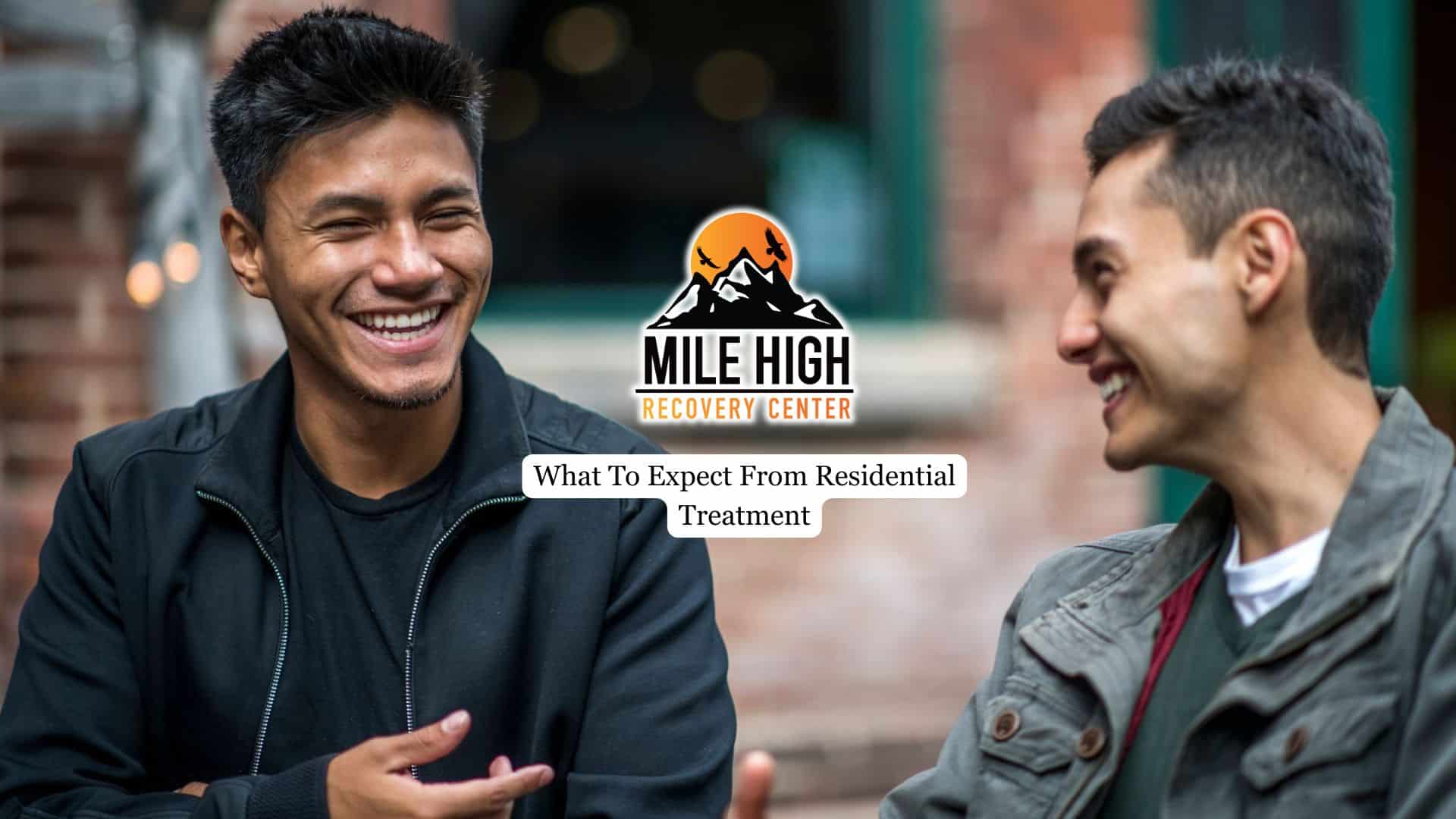Emotional Relapse
This is the first sign that a relapse early recovery could be on the way and it’s one of the more dangerous because it’s not immediately obvious. Emotional relapses tend to not come with thoughts about using or even the temptation to actively use. What’s happening at this point is the emotions and behaviors are shifting towards a potential relapse. You begin to feel and act the way you did before you became addicted. Essentially, your internal environment shifts to set you up for a relapse starting with your feelings and behaviors. At this stage, it’s incredibly important to talk with a counselor or a group about what you’re feeling to help with relapse prevention.
Mental Relapse
This is the first time you may truly notice something’s wrong. While emotional relapses can be quiet and creeping, mental relapse is when you become consciously aware that your brain has shifted. You’re aware of thinking about using and may even enter an internal war with yourself as you battle the temptation to use. At this point, your internal world has set itself up for temptation to take place. You might find yourself thinking about ways you can use safely or acceptably, forgetting that any use of a substance is incredibly perilous to your sobriety. For many people, this stage can be very disheartening because most patients in rehab want to shed the desire or thought to ever use again. Unfortunately, it’s not that simple.
Physical Relapse
This is when you physically use a substance again. This can be broken up, depending on the severity. You think you can have one drink or one hit of something and justify it as more of a lapse or stumbling block than a full-blown relapse, which is using as you had been before. It’s important to distinguish this as not every slip-up results in full-blown relapse. Much of this happens opportunistically. Usually, some sort of opportunity or window of time opens which gives you the ability to use it again. This could be seeing an old dealer, finding yourself at your old bar, or even just being restless enough with a lapse in your day to seek out substance. Once you’ve used it again, remember you can stop. Relapse only takes hold if you use it again and can’t stop.
How does Group Therapy help?
Groups at Mile High Recovery Center involve examining and anticipating pre-relapse behaviors, achieving emotional sobriety, understanding post-care patterns, and more. We know what this is like and how hard it can be. That’s why our system and program is designed to be your ally as you tackle one of the hardest parts of treatment. We’re here to help you and guide you with relapse prevention. If you think our treatment program may be right for you, give us a call to talk about options. Let us be by your side as you tackle the next steps of your life and the gateway to your future.








